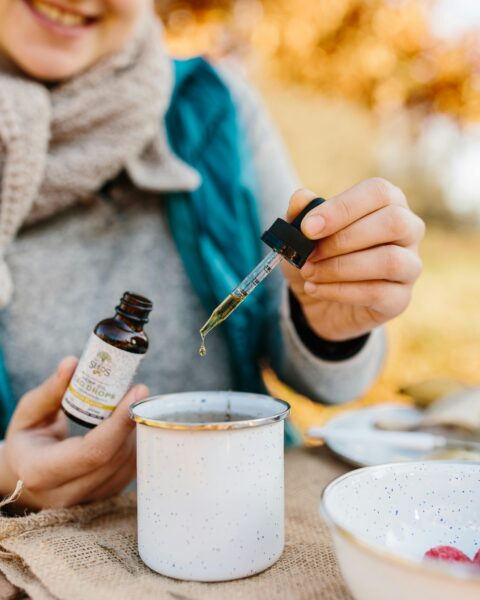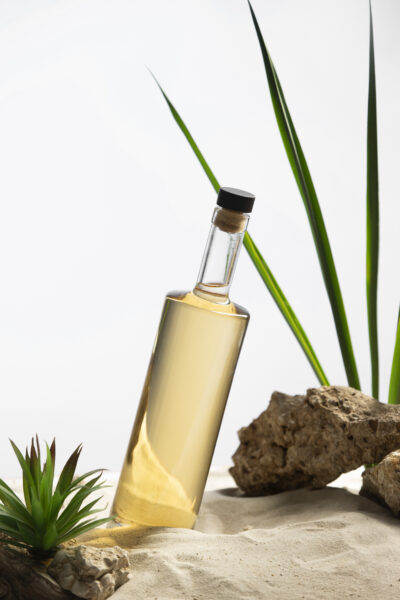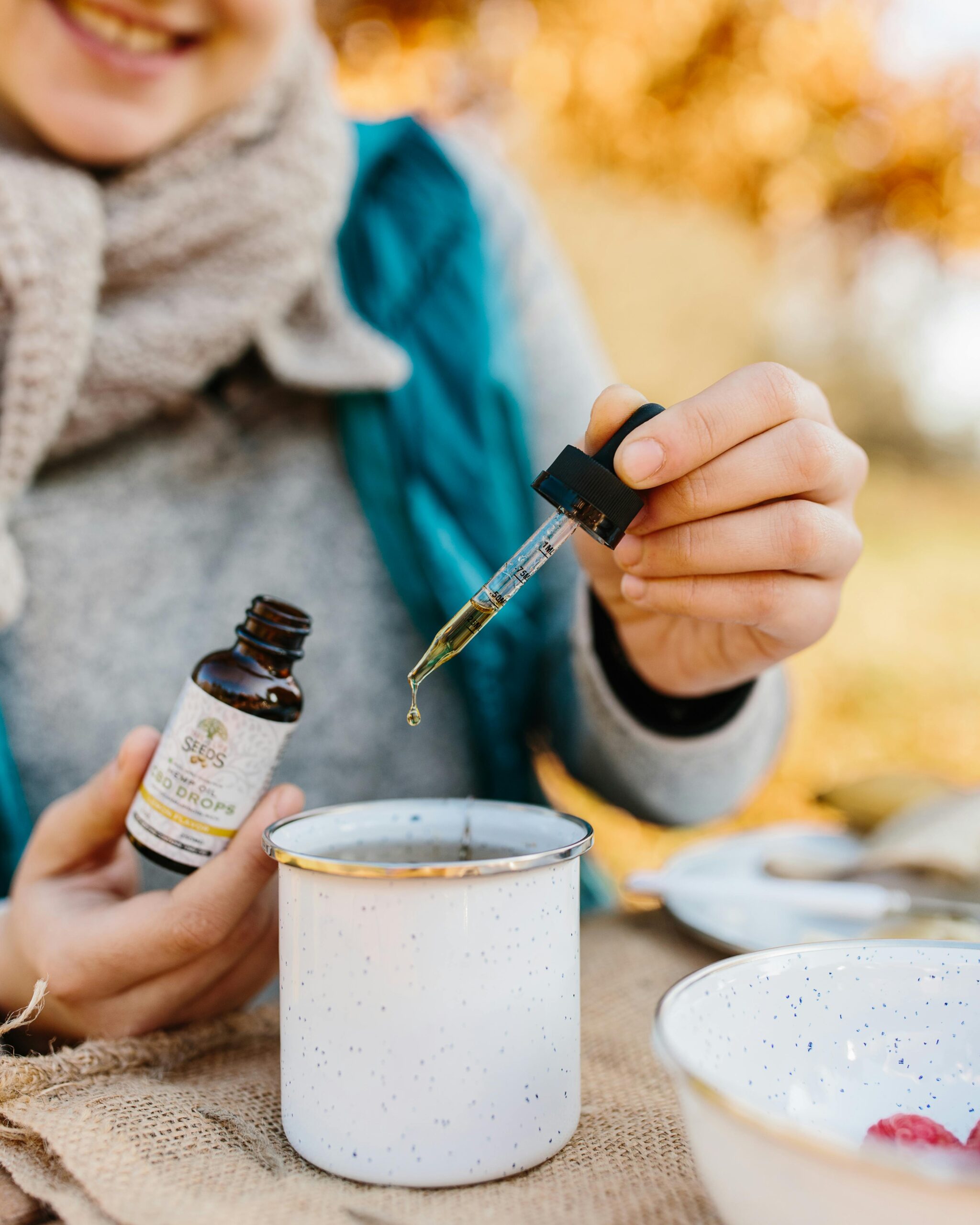
Tea tree oil is a popular natural remedy for acne, thanks to its potent antibacterial and anti-inflammatory properties. Derived from the leaves of the Australian tea tree (Melaleuca alternifolia), this essential oil can be a valuable addition to your skincare routine. Let’s dive into how tea tree oil can help in removing acne and how to use it effectively.

Understanding Acne: Acne is a common skin condition that occurs when hair follicles become clogged with oil and dead skin cells. This can lead to the formation of pimples, blackheads, and whiteheads. Several factors contribute to acne, including hormonal changes, genetics, and bacteria on the skin.
How Tea Tree Oil Works: Tea tree oil contains compounds that have been shown to kill certain bacteria, including Propionibacterium acnes, the bacteria responsible for acne. It also has anti-inflammatory properties that can help reduce redness and swelling associated with acne lesions.
Using Tea Tree Oil for Acne: When using tea tree oil for acne, it’s important to dilute it properly to avoid skin irritation. Here’s how you can use it:

- Spot Treatment: Mix a few drops of tea tree oil with a carrier oil, such as coconut oil or jojoba oil. Apply the mixture directly to the affected areas using a cotton swab. Leave it on for a few hours or overnight, then rinse off.
- Face Wash: Add a few drops of tea tree oil to your regular face wash. Use this mixture to cleanse your face twice daily.
- Face Mask: Mix a few drops of tea tree oil with a natural clay, such as bentonite or kaolin clay, and some water to form a paste. Apply the mask to your face, leave it on for about 15 minutes, then rinse off with warm water.
- Moisturizer: Add a few drops of tea tree oil to your regular moisturizer and apply it to your face daily.
Precautions:
- Tea tree oil can cause skin irritation in some people. It’s a good idea to do a patch test before using it on larger areas of your skin.
- Avoid getting tea tree oil in your eyes, mouth, or nose, as it can be irritating.
- If you have sensitive skin, consider diluting tea tree oil more than usual to prevent irritation.

Tea tree oil can be a beneficial addition to your acne-fighting arsenal. Its antibacterial and anti-inflammatory properties can help reduce acne lesions and improve the overall appearance of your skin. However, it’s important to use it properly and with caution to avoid skin irritation. If you have severe acne or if tea tree oil irritates your skin, consider consulting a dermatologist for personalized advice.

